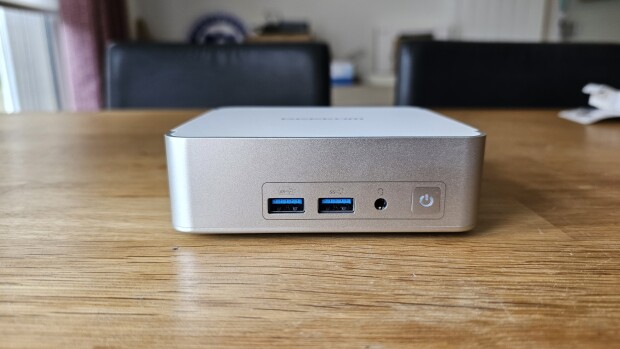Many thanks to Slashdot for pointing out this nice informative piece which shows where some of the cable industry is heading with the usage of that "Big Fat Pipe!" you have coming into your home, you know the one that you use for your work, but it has lots of other uses....
Two of the major cable companies, Comcast and Cox, have boilerplate language buried in their residential service agreements that expressly forbids the use of a VPN over a residential broadband cable hookup.
Two other major cable companies, AT&T Broadband (Woo Hoo, lucky old me... Ed.) and AOL Time Warner, as well as Cablevision, which serves 3 million subscribers in suburban New York, all say they allow the use of VPNs by residential subscribers but they won't provide user support.
VPNs provide remote workers with a protected tunnel to corporate servers through the wide-open Internet, guarding data against penetration by hackers.
Cox views even casual use of a VPN by a part-time telecommuter as a "business class" service that must be provisioned through the company's At Work broadband offering and not its At Home service offered to home users, according to Bobby Amirshahi, director of communications for Cox Business Services in Atlanta. Amirshahi said typical At Work charges for a teleworker with a VPN connection run between $75 and $100 per month compared with $34.95 per month for residential high-speed cable broadband service.
Amirshahi said that while Cox doesn't "actively scan" its network to detect the ports used by VPN clients, it does scan the network for excessive bandwidth usage.
![]() News source: ComputerWorld
News source: ComputerWorld
















-1 Comments - Add comment